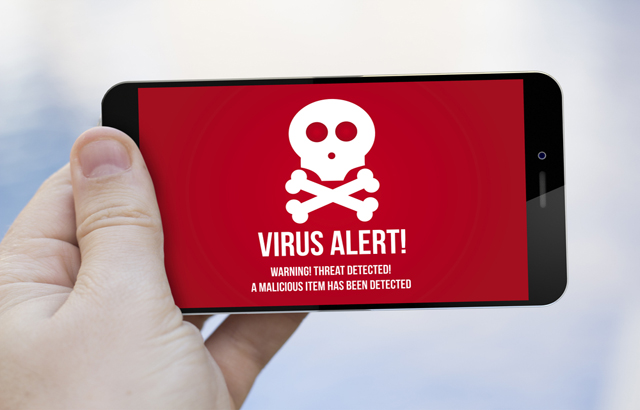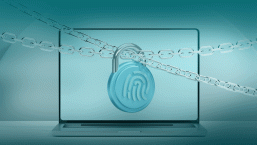Our latest recap of the last seven days in information security includes the spread of the Nemucod trojan, the importance of improving awareness of online safety in children and young people and how Star Wars offers plenty of top cyber advice.
Nemucod malware spreads ransomware Teslacrypt around the world
"We still have to investigate why the detection was so high in Japan ... we have not seen this in a very long time."
ESET’s Josep Albors discussed the recent spike in the detection of the Nemucod trojan, which seems to be global in scope. This malware, described as “a threat that usually tries to download another malware from the internet” was found to have a particularly high infection rate in Japan. “We still have to investigate why the detection was so high in Japan but it has been something that we have not seen in a very long time,” Mr. Albors commented.
Parents have more to do with teaching their children about online safety
Some of the key findings of a new study by ESET, titled How Safe are Australian Children in the Internet Age?, were highlighted in an enlightening piece. Although the notion of cyber parenting is growing in importance – child safety now has a digital element – it is clear, as this paper suggests, that a lot more work needs to be done to boost awareness and understanding of security. This article observed, as a case in point, that the concerns Australian parents have over their child’s online behavior differs from the actual risks they are exposed to.
Understanding whether or not your smartphone has been compromised

While security awareness is growing by the day, our ability to know whether or not our smartphones have actually been compromised is lacking, explained ESET’s Denise Giusto Bilic. In an informative guide, she offered five examples of where a device may have been affected by malicious activity. This includes apps behaving strangely, excessive data usage and your contacts receiving strange text messages from your number, which you have not sent.
How Star Wars: A New Hope offers much by way of security best practice

If someone had said to you that Star Wars: A New Hope would have some rather telling information security lessons, we imagine you’d have looked at us disbelievingly, if not with contempt. However, after doing our homework, it became evident that there is much we can learn from this wonderful movie. In a charming feature, we explained, for example, how the virtues of end-to-end encryption, continuous security analysis and strong passwords are all, in one way or another, highlighted by the film.
China calls on nations to work closer together to fight cybercrime
“We should never seek network hegemony [and] interfere in other nations’ internal affairs."
In a speech at the Beijing-sponsored World Internet Conference, Xi Jinping, president of China, called on the international community to come together to tackle the global threat of cybercrime. He said that all nations have a “common responsibility” to bolster their cybersecurity efforts, while also championing the need for “cyber sovereignty”. He said: “We should never seek network hegemony, interfere in other nations’ internal affairs and never engage, indulge or support cyber activities that harm other countries’ national security."
UK businesses slower than international counterparts in security response times
When it comes to responding to unusual network activity, UK businesses were found to be slower than their international counterparts. This was one of the key findings of a new study from Clearswift, which found that UK businesses take up to nine hours to spot possible breaches. Australian enterprises, however, were markedly swifter – they take, on average, five hours to respond to possible threats.




